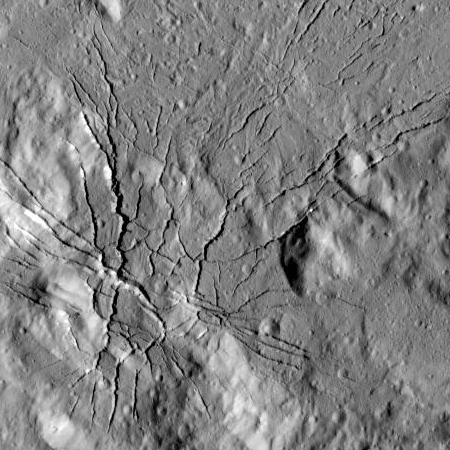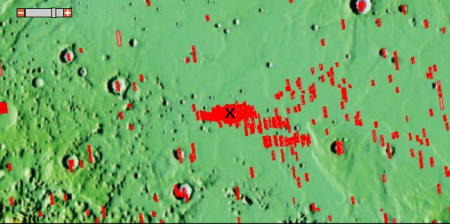A SpaceX expansion at Boca Chica spaceport?
SpaceX’s request to the Texas government for an additional $5 million commitment might be because the company wants to expand on its original plans for its Boca Chica spaceport, and needs additional infrastructure work from the local authorities.
State Rep. René Oliveira, D-Brownsville, said SpaceX asked legislators to set aside funds to support space-related companies and operations in the state, though the money would not be specifically earmarked for SpaceX or the Boca Chica project. The company also has a rocket development facility in McGregor.
Oliveira, who helped assemble a coalition of key legislators to secure the $5 million in development aid, said some of the money might be used to support rocket operations beyond what SpaceX previously has said it wants to do at Boca Chica. “About a year ago, SpaceX came to me with their concept of a new, larger, expanded plan for Boca Chica Beach,” Oliveira said. “The concept went well beyond conducting launches, and would require new commitments for construction, investment and jobs to support the new operations.”
This could simply be a lobbying technique by Oliveira to get more money. Or it could be because SpaceX has actually decided to expand its plans for Boca Chica, which has the advantage over Florida in that the company would have no scheduling conflicts as the spaceport would be theirs entirely.
SpaceX’s request to the Texas government for an additional $5 million commitment might be because the company wants to expand on its original plans for its Boca Chica spaceport, and needs additional infrastructure work from the local authorities.
State Rep. René Oliveira, D-Brownsville, said SpaceX asked legislators to set aside funds to support space-related companies and operations in the state, though the money would not be specifically earmarked for SpaceX or the Boca Chica project. The company also has a rocket development facility in McGregor.
Oliveira, who helped assemble a coalition of key legislators to secure the $5 million in development aid, said some of the money might be used to support rocket operations beyond what SpaceX previously has said it wants to do at Boca Chica. “About a year ago, SpaceX came to me with their concept of a new, larger, expanded plan for Boca Chica Beach,” Oliveira said. “The concept went well beyond conducting launches, and would require new commitments for construction, investment and jobs to support the new operations.”
This could simply be a lobbying technique by Oliveira to get more money. Or it could be because SpaceX has actually decided to expand its plans for Boca Chica, which has the advantage over Florida in that the company would have no scheduling conflicts as the spaceport would be theirs entirely.


